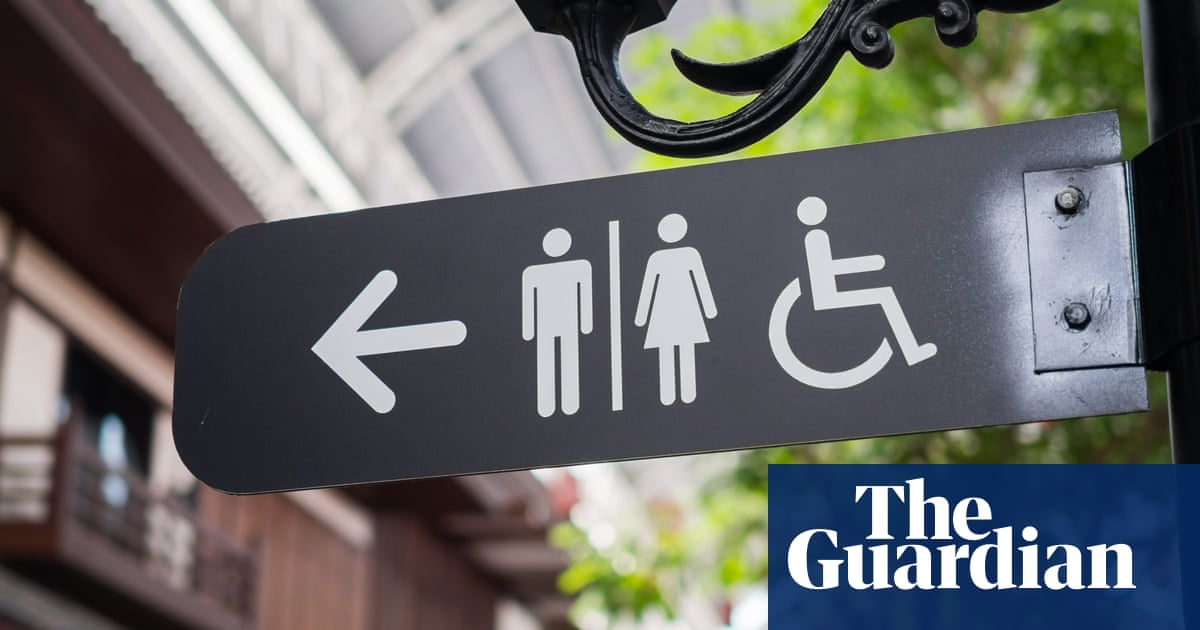Photo credit: www.theguardian.com
The UK’s equalities watchdog has emphasized the necessity for accessible facilities for both trans women and men. This statement comes in the wake of interim guidelines following a significant supreme court ruling concerning the definitions of biological sex.
According to the Equality and Human Rights Commission (EHRC), trans women are not allowed to use women’s facilities in workplaces or public services, such as hospitals and shops. Similarly, trans men, who are assigned female at birth, are barred from using men’s restrooms.
Despite these restrictions, the EHRC asserted that it is crucial for trans individuals to have adequate facilities available to them.
The recent supreme court ruling clarified that within the context of the Equality Act, the terms “woman” and “sex” are interpreted to refer specifically to biological women and biological sex. Consequently, this ruling implies that trans women, who are assigned male at birth but identify as female, may be excluded from women-only spaces, including restrooms and changing areas.
The EHRC released these guidelines in response to numerous public inquiries about the implications of the judgment.
Under the new directives, schools are required to provide single-sex changing facilities for children over the age of eight. This includes stipulations that trans girls are not permitted to access girls’ restrooms or changing areas, while those identifying as trans boys should not use facilities designated for boys.
In the realm of sports, the guidelines permit organizations with 25 or more members to restrict participation to individuals based on biological sex. This means, for instance, that a sports club exclusively for women may not include trans women among its members.
The watchdog has indicated that it is working towards developing a more comprehensive code of practice in light of the supreme court’s decision, with the intention to present it for government approval by June.
Source
www.theguardian.com

